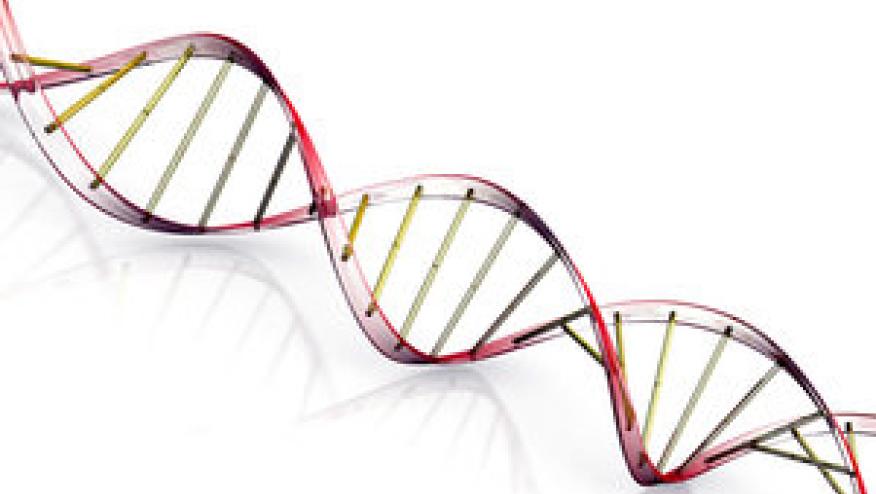Heritability of Osteoarthritis Save

A Swedish study examine the genetic contribution to various rheumatic/musculoskeletal diseases (RMDs) and showed that osteoarthritis (OA) had a large heritability compared with other RMDs.
Data was derived from the Swedish Twin Registry (STR) (with 194,000 Swedish twins); the final cohort included 59,970 Swedish twins > 35 years of age to determine the heritability of various RMDs (OA, rheumatoid arthritis, spondyloarthritis (SpA) and psoriatic arthritis, myalgia, and osteoporosis) based on specialist and inpatient care diagnoses. OA included OA in peripheral joints, back and neck pain, shoulder pain (adhesive capsulitis, impingement syndrome, etc). Heritability was based on monozygotic (MZ) and dizygotic (DZ) twins (same sex and opposite sex) and incident RMD diagnoses.
OA iwas the most prevalent diagnosis, frequently occurring in the knee (n = 3,874), hip (n = 2,503) and hand joints (n = 939). Other RMDs included RA (931), SpA/PsA (608), myalgia (1,562) and osteoporosi (960).
Any-site OA and hip OA (50% and 64%) were among the most heritable RMDs, and similar to the heritability of shoulder pain (44%), RA (48%), SpA/PsA (63%), and osteoporosis (60%). The lowest heritability was seen for back/neck pain (31%) and fibromyalgia (23%). Hip OA was more heritable than knee OA (66% vs 47%).
OA is probably more heritable than most believe. Given the global burden of OA , and the benefits of modifiable risk factors, a proactive approach to OA prevention and management is needed.










If you are a health practitioner, you may Login/Register to comment.
Due to the nature of these comment forums, only health practitioners are allowed to comment at this time.